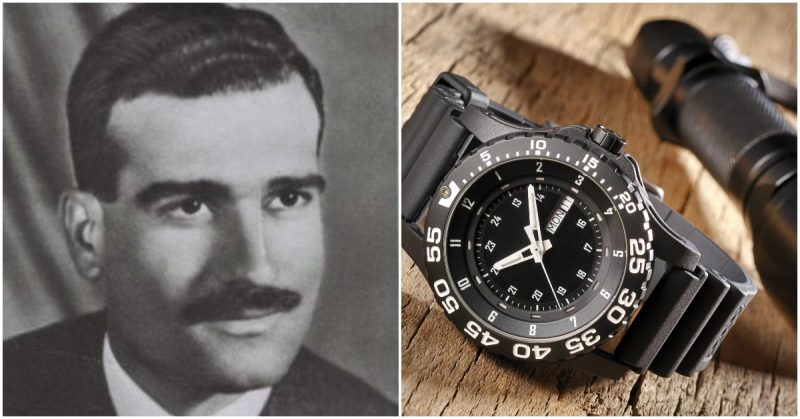Nadia Cohen, the wife of the legendary Mossad undercover agent Eli Cohen, was thrilled to be presented with her husband’s personal wristwatch over 50 years after he was executed by the Syrian authorities for his clandestine activities.
How Mossad managed to retrieve the watch from Syria is unknown, but with the reputation of the Israeli Mossad organization, it is unlikely that it happened via official channels. Nadia is still hoping that Eli’s body will be returned, though the Syrians claim they do not know where his remains are buried.
So, who is this man that the Israelis revere and the Syrians despise?
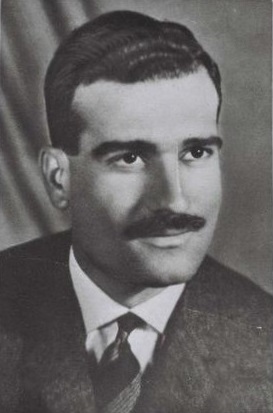
Eli Cohen was one of Mossad’s legendary undercover agents. Cohen was recruited into the ranks of the Mossad agents in 1960 when the organization was looking for someone that could infiltrate the Syrian government.
None of the current agents were suitable for the task but the Director-General of the Agency at that time, Meir Amit, selected Eli from a file of rejected candidates. Mossad placed him under surveillance for a while and then decided that he would be the perfect candidate, so he was recruited and sent for a six-month training course to prepare him for his role.
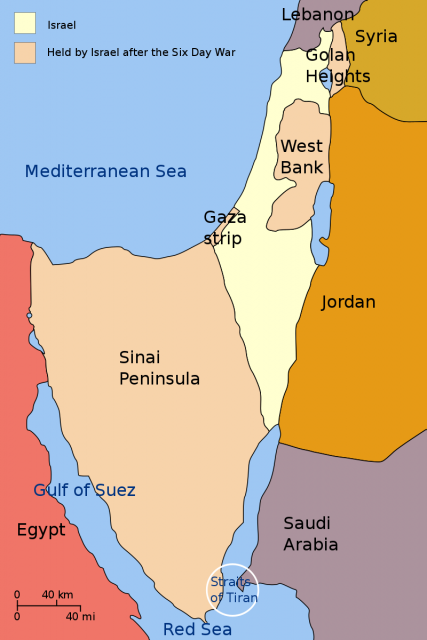
He was then given the cover of a Syrian businessman that was returning home after living in Argentina. To bolster this story, he moved in 1961 to live in Buenos Aries under the name Kamel Amin Thaabet. In February 1962 he moved to Damascus under his assumed name and began building relationships with high-ranking Syrian government officials.
His methodology was deceptively simple, he frequented the same cafes that they liked and struck up conversations with them. He then invited them to parties that he held at home.
At these parties, the officials spoke freely of their political and military work. The parties frequently sank to the level of orgies and the Syrian officials were plied with liquor while Cohen remained sober. He used these parties to collect the information that spilled from the mouths of the intoxicated Syrians.
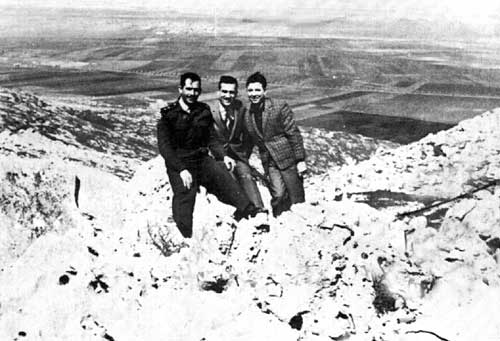
In this way, Cohen managed to ingratiate himself with Syria’s ruling political and military elite, and they frequently asked him for his take on the burning issues of the day. He was even considered as a possible Deputy Minister of Defense when his close friend Amin al-Hafiz became the Syrian Prime Minister in July 1963.
These years when Cohen was at the height of his career in collecting sensitive information ran parallel to the time that countries in the Middle East, Egypt, Jordan, Iraq, and Lebanon, were preparing for war with Israel. He made full use of his position of trust and undertook several missions on behalf of the Israeli military.

One notable mission was when he visited the Golan Heights with Syrian officials. While feigning sympathy for the Syrian soldiers, he persuaded officials to plant trees to provide shade for them, which the military hierarchy did. These trees provided perfect targets for the Israeli military during the Six Day War, allowing them to relatively easily capture the entire Golan Heights in a matter of two days.
Cohen also made sketches of Syrian positions and provided photographs where possible. Another vital piece of information to the Israeli military was the fact that Syria planned to implement three lines of bunkers that had mortars in them. Israel was only expecting one line, so this piece of information saved many hundreds of Israeli lives.
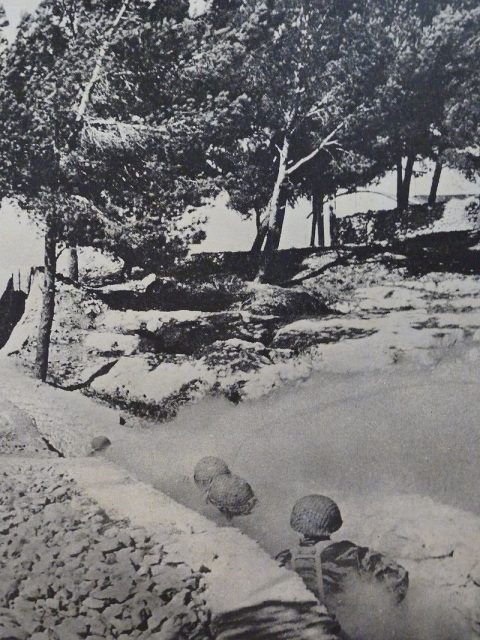
In 1964, the Syrians appointed Ahmed Su’edani as Colonel of Syrian Intelligence and he was convinced there was a high-level mole that was feeding information to the Israelis. He disliked Cohen intensely, and Cohen believed that his usefulness was finished. He asked for permission to terminate his undercover operation, but the Mossad asked him to return to Syria, which he did.
Su’edani had stepped up his efforts to locate the mole. They used highly sophisticated radio tracking equipment and insisted on long periods where no radio transmissions were permitted, in an effort to track down any illegal transmissions that they heard.
A large volume of radio traffic was heard and traced back to its source, Cohen’s apartment. On the 24th January 1965, Cohen was arrested in the middle of transmitting information to Israel.
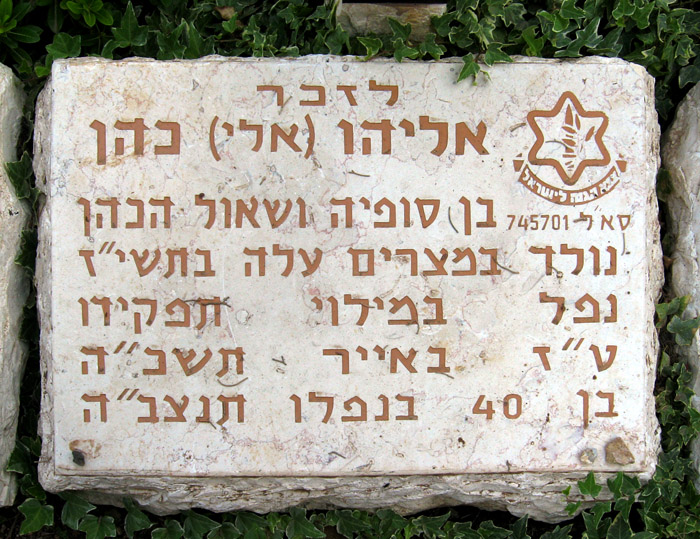
He was interrogated at length, and it is likely that he was tortured during this interrogation. He was tried and found guilty of espionage and sentenced to death. The Israeli government could not garner sufficient international support to force Syria to commute the death sentence, and he was hanged in a public execution on the 18th May 1965 in Marjeh Square, Damascus. He requested that he be given access to a rabbi and he was escorted to his hanging by the Chief Rabbi of Syria, Nissim Andabo.
The watch that belonged to Eli Cohen is not the only thing that Mossad agents have stolen from other nations. Most of the items purloined have been considerably more sensitive and difficult to steal than the wristwatch of a deceased agent.

Afterall, they had once stolen a MiG 21 from Iraq to study it and prepare their air force to fight against it. How difficult could a watch be?
